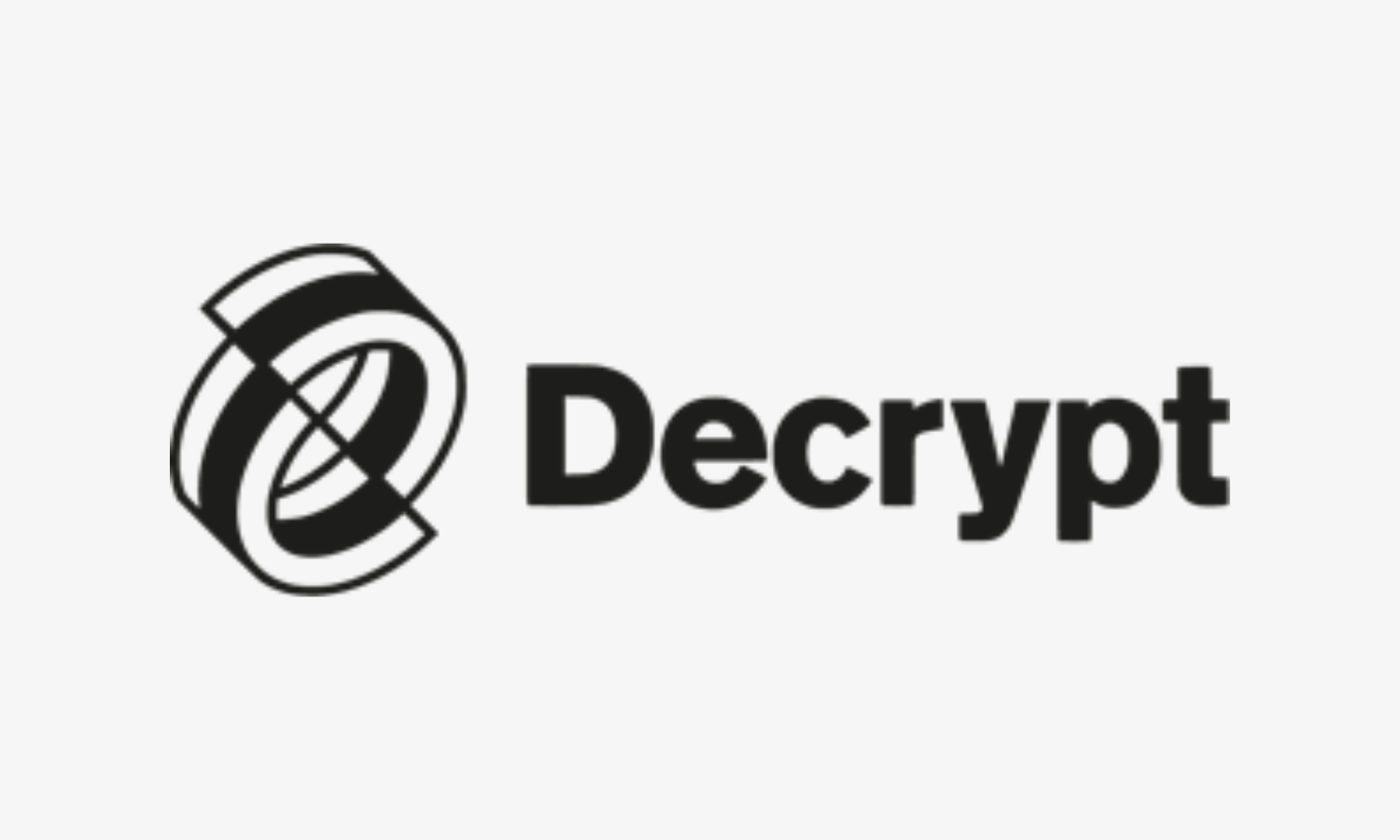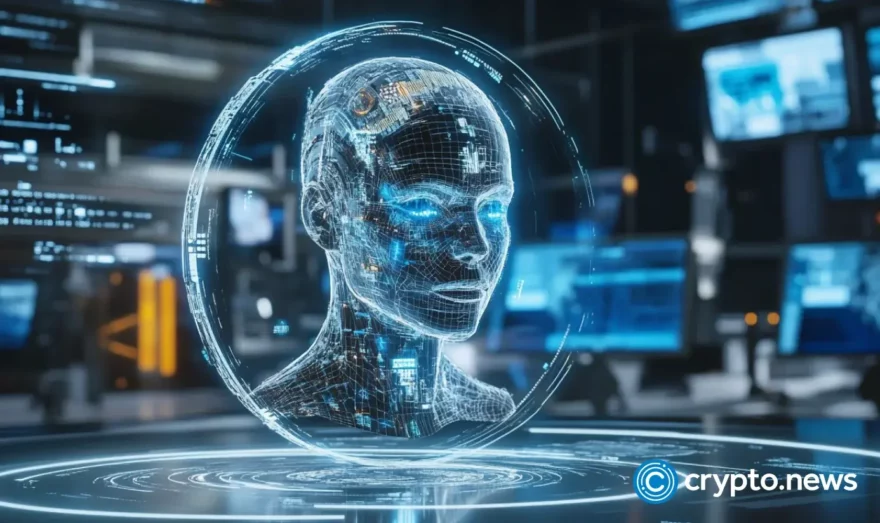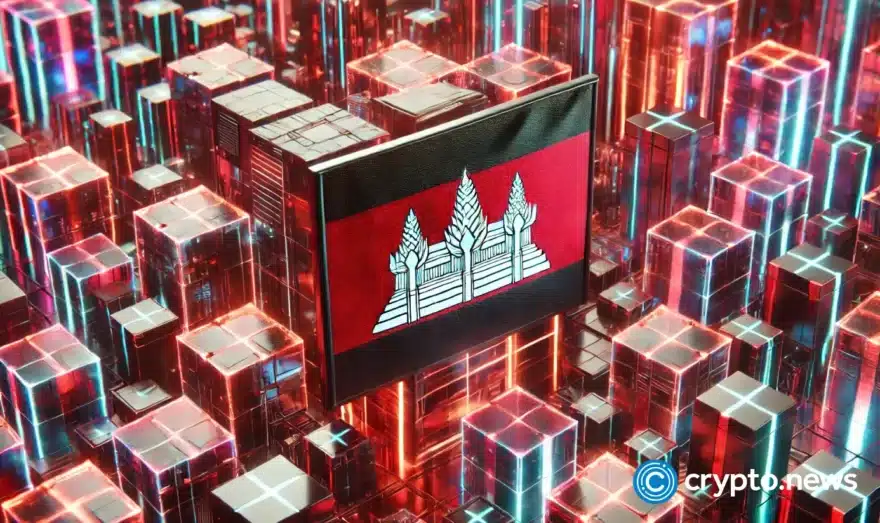Using AI Makes Workers Feel Lonely—And Could Hurt Productivity

While there’s no doubt that AI has changed how we interact with machines and has improved efficiency at work, it could also be negatively impacting employees’ health and social well-being.”AI-induced isolation may spur employees to invest more in their human relationships, to seek out the social nourishment they’re missing,” according to research published Monday by the Harvard Business Review. Should those efforts fail, however, afflicted workers “resort to alcohol and suffer from insomnia.”580 employees from various backgrounds and nationalities who had worked with an organization for over three years and used AI systems for a year and a half or longer.“In fervor to keep pace with competitors and reap the efficiency gains associated with deploying AI, many organizations have lost sight of their most important asset: the humans whose jobs are being fragmented into tasks that are increasingly becoming automated,” the report noted.Dependence on AI makes employees feel isolated and sad, the report concluded, adding that the fear of losing jobs eventually starts seeping in.This sense of social malaise and ill-being “have negative impacts on quality of life, mood, cognitive function, behavior, and health overall,” the report added.Even as AI takes care of more mundane tasks, there is a downside. Employees are then forced to be more productive, the report said, and the scope of informal discussions is reduced, adding to a sense of insecurity.“The more employees collaborated with AI—as it helped to complete more tasks than ever—the more they felt socially deprived as work took over their entire day,” HBR said.As a result, pushing heavily into AI can backfire.“Our findings clearly illustrate the irony that in seeking to enhance productivity, over-reliance on AI may actually erode it over time,” HBR wrote. “Lonely, disengaged employees aren’t likely to bring their best selves to work.”The reduced human interactions and the constant fear of unemployment will likely impact relationships with colleagues, the report added, which undermines “the sense of authentic, shared humanity that underpins true connection and collaboration.”Even a recent Gallup While AI has helped people become more productive and complete more tasks efficiently, the lack of spontaneous meetings or informal discussions may make people feel socially deprived. And some companies are working to change that.”Modern organizations are increasingly sensitive to the physical and mental well-being of their employees, and they are going to great lengths to promote both inclusiveness and social connection,” the report said.These efforts should ideally motivate employees to have closer bonds with co-workers and consider the organization’s interests equally important to their own, the report said.However, another According to HBR, almost 35% of companies globally already use AI tools. A report from McKinsey in May put the number as high as 61%. This adoption will only increase as the AI market is projected to reach $1.85 trillion by 2030.”If you want to make AI adoption projects successful and viable, you need to focus on humans first and AI second,” HBR recommended. ““The goal should be to foster a culture where social interaction is valued and encouraged, not seen as a distraction from ‘real work,’” the report said.Edited by Ryan Ozawa.

Published on Other News Site


















